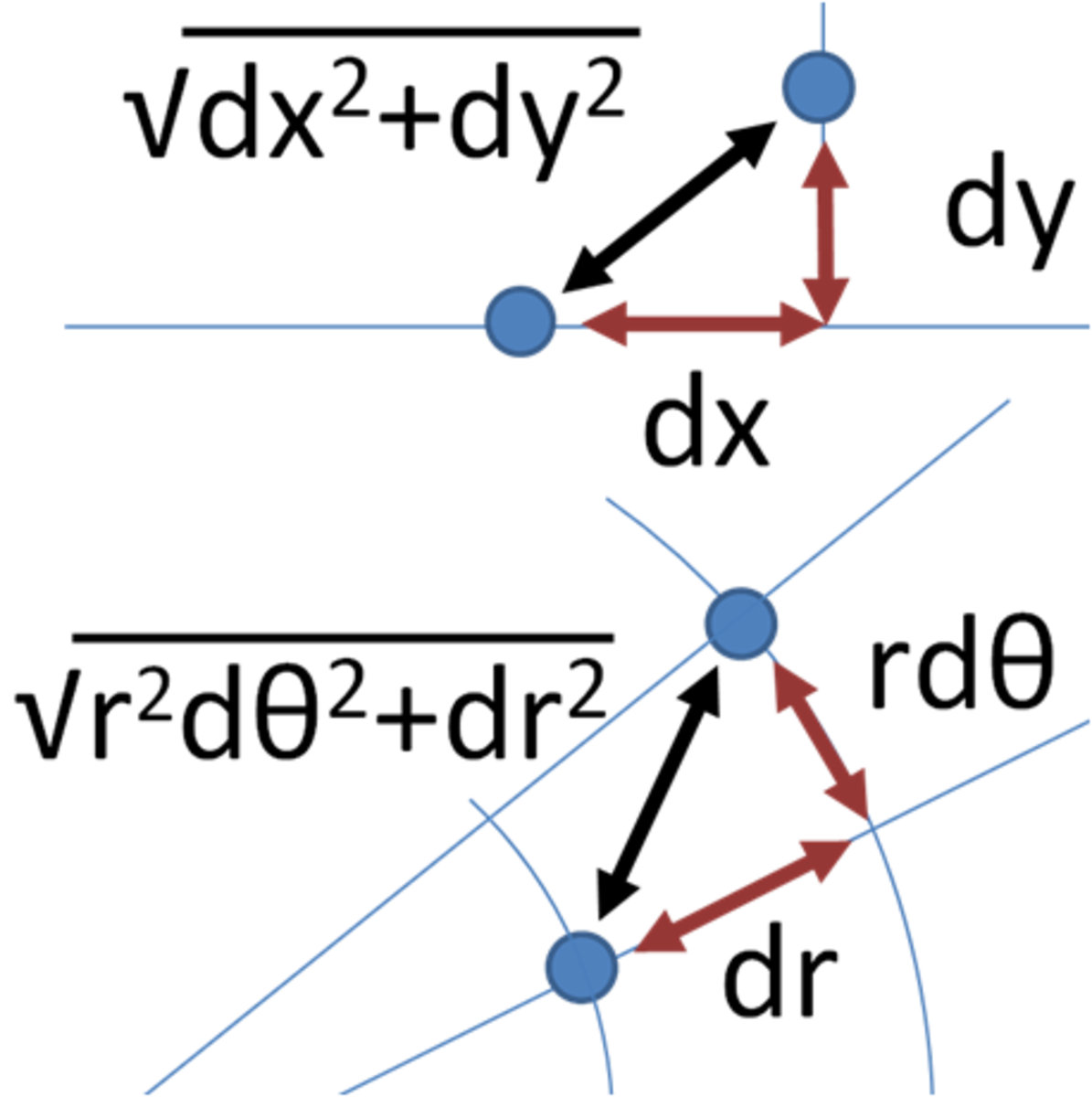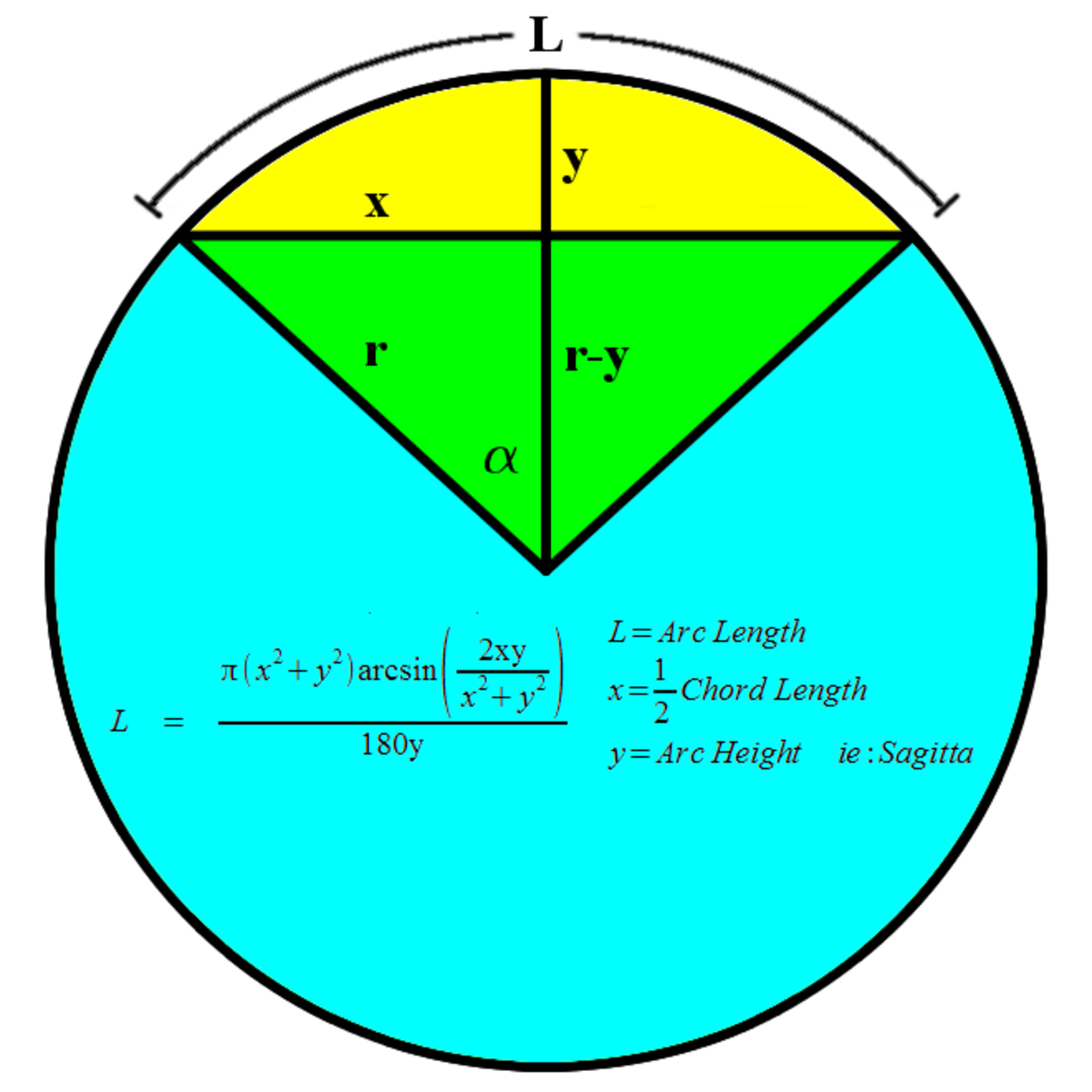Why Math is a Great Major. Period (or pi, whatever).

Math
So you've just turned 18 and you're leaving ma and pa for the first time to go off to the Big U. You're parents are paying $40,000 a year for you to be there, what are you planning on majoring in? Do you know what you want to do for the rest of your life? Does ANYBODY know what they want to do for the rest of their life? CAN anybody know what they want to do with the rest of their life?
I spent most every waking moment over a good chunk of my college career trying to answer these questions. Then, one day, I declared my major in mathematics, pure concentration. Why did I choose to major in Mathematics? Well, that's just what I'd like to share with you in this article.
Did you know...
- Law schools hold math majors in high regard, as a degree in mathematics stresses the development of logical thinking and reasoning skills, intrinsic to developing a sound argument, more so than any other major.
- Medical schools specifically select very highly for math majors as they believe the ability to endure the intellectual stresses needed to succeed as a math major translates to the ability to succeed as a doctor.
- Major with the highest starting salary = Mathematics
- Actually, how much money a graduate will ultimately make is correlated to the number of math classes they took in college!
- Wall Street is a big employer of mathematics majors, where math is crucial to finance and other aspects of business.
My Story

First things first, my name is Brendan and I'm from Boston, MA (my friends call me Bren, go for it). I knew as a freshman that I was interested in possible careers in medicine, law, or business, which really didn't narrow down anything. So, I took classes in biology, business, and math my first two years with the idea that I would postpone the decision as long as possible. Toward the end of my sophomore year, I finally had enough credits to earn minors in all three subjects, but had to choose a major if I was going to graduate on time.
However, after all my research and hours spent on websites like collegeboard.com, a few internships, and some serious soul searching, I was still no closer to making the decision than I was almost two years before. Actually, I think the more I tried to understand what I wanted to do in life, the more it escaped me. I saw that most everyone my age who was "confident" about what they wanted to do really had no idea, and that half the grownups I sought advice from still didn't even know what they wanted to do in life.
At the end of the day, it was probably the elusiveness of my question that pushed me to mathematics. At some point I just sort of got burn out with my search, and came to terms with the fact that I might never find out what I truly wanted to do, that I might never find out the job that was me. Because that is exactly what your job, the thing you spend the majority of your time either at or thinking about, becomes; yourself. And from my experience, people who are unsatisfied with their job are unsatisfied with themselves, and people who don't like their job don't like themselves either.
I decided to choose the one of the three majors that I thought would leave me the best possibility of finding the job that was me and that major was math. With a foundation in math you can seek out jobs in business, law, medicine, education, and really just about anywhere.
Now a college graduate, I couldn't be happier with my decision. After the training and experience I received through my education in math I feel more competent as a person as a whole; being exposed to the rigors of classes of the likes of differential equations or numerical analysis, everything else I come across in life, whether it be an upper level biology course or details on a credit card application, just seem that much easier. You're brain really is like a muscle; the only way you can recognize its true potential is by testing it and pushing it beyond its limits.
When people hear that I majored in mathematics, I get the same pre-programmed response, almost to the point of replying to "Hi" with "Hello", and that response generally goes something along the line of "What are you going to do with math... Teach?" It is funny too, because I was always the kid sitting in the back of my high algebra class who would be yawning, drawling out "What are we ever going to use this for? What's the point? Why do we need to know this?"
Looking back as a major of mathematics, my reply to both questions would be to challenge the person to find something in the world that does not revolve around math; math is involved in sports in the form of player's statistics, running and financing the team, determining the optimal price to charge for a ticket; the producers of the infamous Barbie doll use it to determine the optimal amount of dolls to manufacture and what price to sell them at; an ecologist might use it to model the population growth of a certain species of ants; casino's use it to make sure that the probability of the games is always in their favor; it is used EVERYWHERE and with it you can direct your career ANYWHERE you want.
I am now in the Post-Bacc Pre-Med program, a program for people who are trying to go to medical school but earned a non-science degree as an undergrad, at the University of Colorado at Boulder where I will finish the pre-requisites and apply to medical school this next year. The enthusiasm the program directors have over having a math student in their program only reinforces how happy I am with my decision to have majored in math.
Anyway, that's my story. Thanks for reading, hope it helped!
Bren
My...

Trying to decide on a major? First things first, don't stress! This is the worst thing you can do, and, while it is important to use websites and books to aid you in getting an idea of what kind of career you might be interested in and what kind of major you might want to pursue, remember that other people's advice will only get you so far. The only way you can really gauge whether you would truly love a job is to do it, save the time obsessing over these websites and apply for an internship or shadow some professionals. Also, try to shadow professionals from various industries; experiences that show you what you don't like are just as important as finding out your true passion. And, who knows, maybe you'll find you appreciate some aspect of a career you might not have considered before. Math is not for everyone, but from my experience people are not inherently bad at math, but are "bad" at math because that's what they have labeled themselves; no one is good at anything they haven't tried, cared about, or given themselves a chance at. Leave your options open, focus on your strengths, and be true to yourself and everything will work out in the end. Good luck!
Also, if you are considering a career in medicine, although I did not, it is more than possible to both satisfy the prerequisites for medical school and earn a degree in mathematics. To be eligible to apply to medical school you must have completed one year (two courses) of biology, physics, general chemistry, organic chemistry, English, and calculus. I chose to take classes in computer science instead of in physics, but most mathematics programs require some education in physics. Thus, if you were to major in mathematics you could satisfy the requirements for physics and calculus, leaving only 6 courses left to complete throughout your four years of college (two bio, two gen. chem, two organic chem).
How I "sell" my degree

My name is Brendan, having just graduated from an exclusive liberal arts college in North Carolina, Elon University, I am now pursuing a career. In 2009, Elon was named the number one "School to Watch" in the country by U.S. News and World Report. In approaching my education, I wanted to choose the major that would be challenging and make me grow most as a forward thinking individual. One which would give me the intellectual tools to face and conquer any challenge I may encounter in my post-college life, one which would serve as a platform by which to approach the rest of my life in the 'real world'. That platform was mathematics, which, of all majors, I felt most stressed the logic, reasoning and analytical skills inherent to becoming a full-minded individual. Quoting the LSU math department homepage; "Mathematics can be the mountain from which to survey the intellectual terrain". With this as the foundation of my education, I set out to supplement my degree with minors in business and biology.
Business, well, as my grandfather once told me, everything comes down to business; every organization, profit and non, relies on business principles to prosper and to even merely exist. Beyond this obvious importance of a business education, I grew up surrounded by business. As a child, I would beg my father to take me to work at the small, Boston based financial services firm my grandfather owned. With maturity this childhood interest developed and led me to pursue internships with the National Investment Banker's Association and Winslow, Evans & Crocker, a securities broker dealer.
With climate change and the ever pressing importance of environmental factors, I knew some education in biology was essential in order to understand such issues from both a personal and professional standpoint. The environment is relevant personally as we all live in it. Its professional relevance is an offering to those able to understand such issues an opportunity to provide value in solving them. A perfect accoutrement to a business foundation is biology. A solid understanding of the environmental issues of today is crucial to a well-rounded business acumen.
Great Stuff on Amazon
Links
These are some of the websites that both helped me make my decision to major in mathematics and aided me in marketing my degree after graduation.
- LSU: Why major in math?
Reasons to major in mathematics. - Duke: Why major in math?
Yep you've guessed it, another one. Great site though! - Collegeboard: Major of mathematics
Awesome website, make it yours. - Princeton Review: Major of mathematics
Similar to collegeboard. I like collegeboard a bit better, but still useful. - American Mathematical Society
From internships to bios of mathematics graduates, they've got it. Great site. - Tom Keene on Math
Obviously for finance, but less obviously for everything else. The great divide in LinkingIn to a great job and that all-critical job sequence is dependent on many attributes. But, math -- the calculus, analytical geometry, linear algebra, statistics







